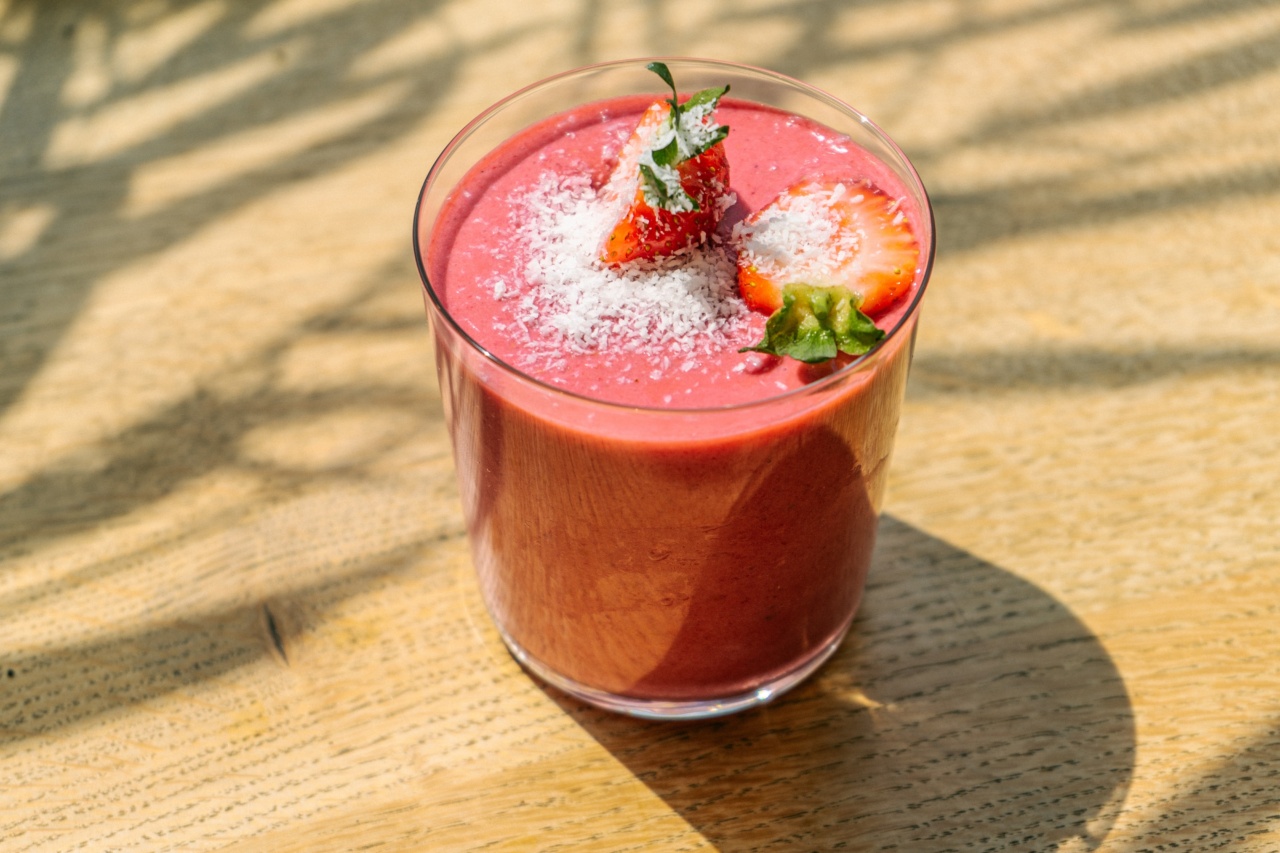Many of us start or end our day with a refreshing shower. Whether it’s a wake-up call in the morning or a relaxing ritual at night, showering is an integral part of our daily routine.
But have you ever wondered if taking hot showers or cold showers is better for your overall well-being? In this article, we will explore the benefits and drawbacks of hot showers and cold showers, helping you make an informed decision about your showering habits.
The Benefits of Hot Showers
Hot showers have long been associated with relaxation and a sense of comfort. Here are some potential benefits of hot showers:.
Relieves Muscle Tension
Hot showers can help soothe sore muscles and relax tension. The warm water increases blood circulation, which can alleviate muscle pain and stiffness.
Enhances Sleep Quality
Taking a hot shower before bedtime can promote better sleep. The rise in body temperature followed by a rapid cooldown can trigger a feeling of drowsiness, helping you fall asleep faster and enjoy a more restful night.
Clears Congestion
A steamy hot shower can provide relief from congested sinuses and nasal passages. The steam helps to loosen mucus and phlegm, making it easier to breathe and clearing any congestion.
Opens Pores
Hot showers open up the pores of the skin, allowing for a deeper clean. This can be beneficial for removing dirt, oil, and dead skin cells, leading to a healthier complexion.
Reduces Stress
Taking a hot shower can be a therapeutic experience, helping to reduce stress and anxiety. The warmth and relaxation can have a positive impact on mental health, promoting a sense of calmness and well-being.
The Drawbacks of Hot Showers
While hot showers offer numerous benefits, they may not be suitable for everyone. Here are some potential drawbacks of hot showers:.
Dries Out the Skin
Hot water can strip the skin of its natural oils, leading to dryness and potential irritation. This can result in itching, flakiness, and even exacerbate certain skin conditions such as eczema or psoriasis.
May Damage Hair
Frequent hot showers can dry out the scalp and hair, leading to increased brittleness and breakage. Additionally, hot water can cause the hair cuticles to open, resulting in a rougher texture and potential frizz.
Overheating Risks
Extended exposure to hot water can cause an increase in body temperature, potentially leading to overheating. This can be particularly concerning for individuals with certain medical conditions or during hot weather conditions.
The Benefits of Cold Showers
While cold showers may seem less appealing, they come with their own set of benefits. Here are some potential advantages of cold showers:.
Refreshes and Energizes
A cold shower can jolt your body awake, providing an instant burst of energy and increased alertness. It can be especially beneficial in the morning or after a workout.
Improves Blood Circulation
Cold showers can stimulate blood flow, helping to improve circulation throughout the body. This can have various benefits, such as reducing muscle soreness, promoting healthier skin, and enhancing overall cardiovascular health.
Tightens the Skin
Cold water can temporarily tighten the skin, making it appear firmer and more toned. It can also help to reduce the appearance of puffiness and under-eye bags.
Boosts Immunity
Research suggests that cold showers may have a positive impact on the immune system. Exposure to cold water can stimulate the production of certain immune cells, enhancing the body’s defense against illnesses and infections.
Mood Enhancement
Cold showers have been linked to improved mood and mental well-being. The shock of cold water can trigger the release of endorphins, providing a natural mood boost.
The Drawbacks of Cold Showers
Though cold showers offer their own unique advantages, they may not be suitable for everyone. Here are some potential drawbacks of cold showers:.
Discomfort and Shock
Cold showers can be uncomfortable, especially if you’re not accustomed to them. The initial shock and feeling of cold can be challenging, particularly during colder climates or seasons.
Not Suitable for Certain Conditions
Individuals with certain medical conditions, such as Raynaud’s disease or any condition that affects circulation, should consult with a healthcare professional before taking cold showers as it may worsen their symptoms.
Does Not Cleanse as Deeply
Cold water is less effective at removing dirt, oils, and impurities from the skin compared to hot water. If your primary goal is to thoroughly cleanse your skin, hot showers may be a better choice.
Conclusion: Which is Better?
When it comes to choosing between hot showers and cold showers, it ultimately depends on your personal preferences and specific needs. Both have their own set of benefits and drawbacks.
If you enjoy the relaxation and muscle-soothing effects or want to clear congestion, a hot shower may be the way to go. On the other hand, if you seek an energy boost, improved circulation, or tighter skin, a cold shower can be a refreshing choice.
Consider experimenting with different temperatures and observe how your body responds. You may find that a combination of hot and cold showers throughout the week suits you best, as each has its own unique advantages.
Ultimately, the most important thing is to listen to your body and do what feels right for you.
Remember to moisturize your skin adequately after showers, regardless of the temperature, and consult a healthcare professional if you have any concerns or underlying medical conditions.






























